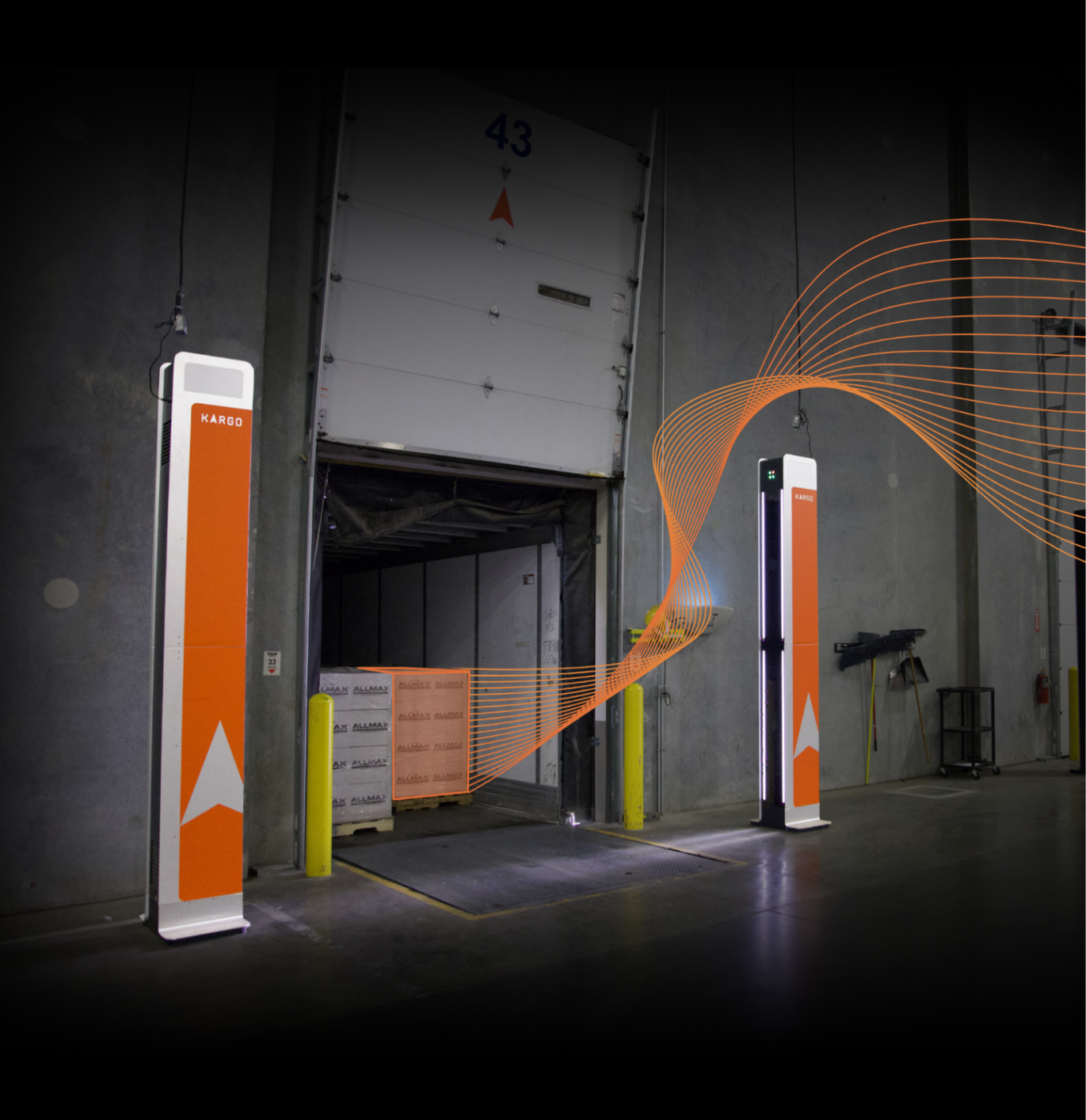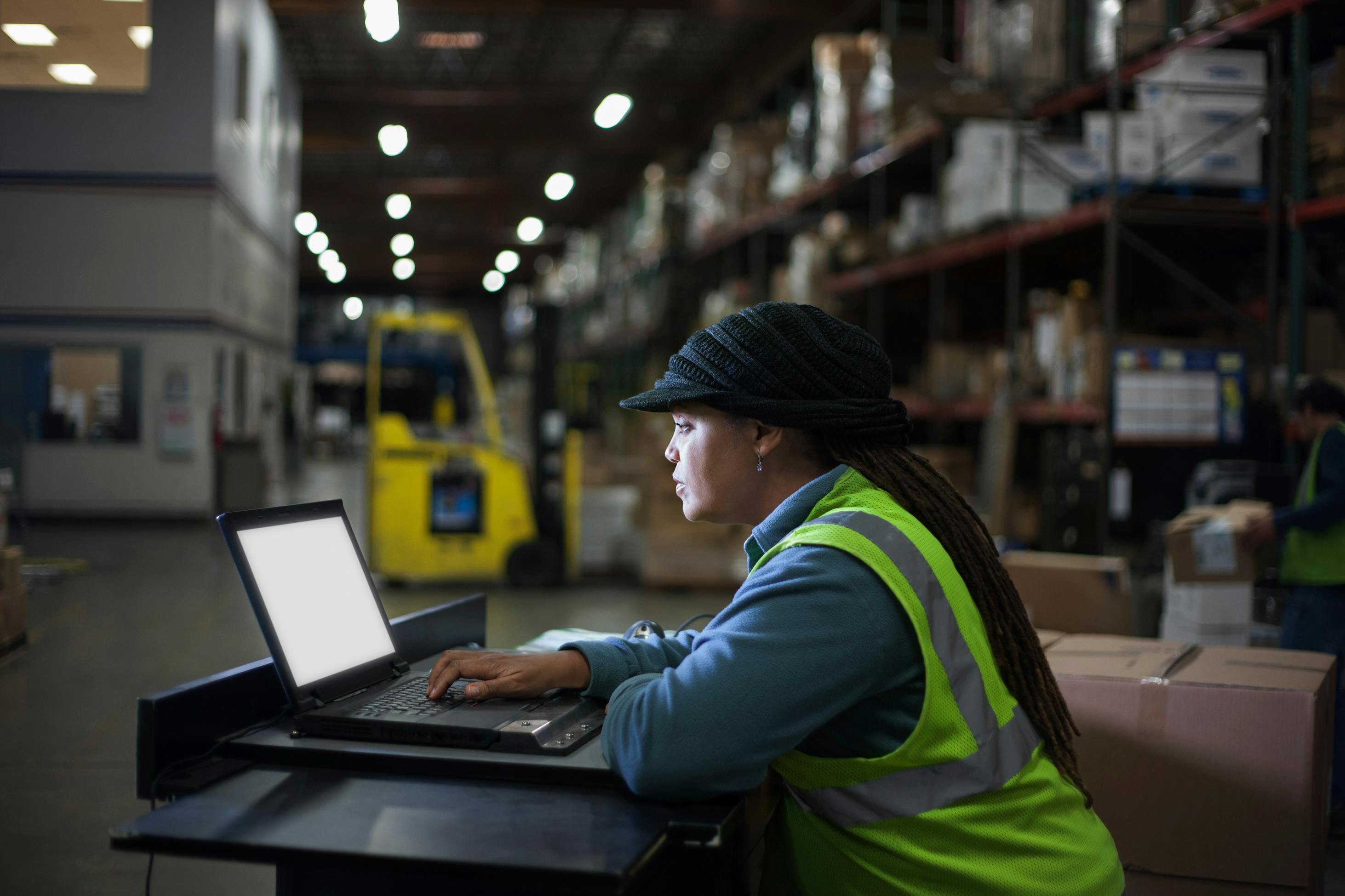Healthcare
Healthcare Supply Chains: Manage Compliance and Risk with Computer Vision
| Kargo | 6 min
What You Need to Know



For healthcare suppliers, an unbroken supply chain is the key to success. Traceability, characterized by verified data, keeps inventory and order-to-cash cycles moving.
Delays, discrepancies, and disruptions are higher stakes in healthcare than for other industries. Complete accuracy across multiple data attributes and end-to-end visibility are table stakes — but that doesn’t mean they’re easy for everyone to accomplish.
In many instances, stringent compliance requirements shape data verification processes. The processes can be laborious, expensive, and still not always accurate.
Customer demand for on-time continuous supply puts additional pressure on logistics. With so many healthcare supply chains running lean and just in time, shipments can’t vary from orders. Your customers may turn to your competition before you can fix issues.
Another challenge: Many healthcare supply chains still have blind spots. The loading dock can represent a crucial gap in visibility. Yet, it’s a critical hand-off point, where the impact of errors may compound for everyone.
Computer vision mitigates these risks by automating data capture and strengthening accuracy with real-time shipment verification and video proof of loading dock activity.
Here, we’ll cover how Kargo’s computer vision solution helps you maintain compliance and satisfy evolving customer demands ahead of your competition.
Have questions? Email go@mykargo.com any time.
How It Works
With Kargo at your loading docks, computer vision automatically gathers freight data as pallets enter and exit warehouses. Kargo Towers capture information from any barcodes, labels, and marks and deliver data to the Kargo Platform or your existing systems in real time.
This freight data is automatically compared against bills of lading or advanced shipment notices for accuracy. If there’s a discrepancy between expected shipments and actual shipments, Kargo uses visual indicators at loading docks to alert shipping and receiving staff at the loading dock, before situations become more complex or costly.
On the Kargo Platform, your records comprise more than shipment information. They include clear images and videos that provide environmental context and visual proof of events. You can access these visuals at any time and share them with your team or partners.
By translating physical freight into actionable data, computer vision helps you verify and improve shipment accuracy across your logistics network.
Minimizing Compliance Risks
With computer vision verification, you can enhance your compliance programs.
For example, pharmaceutical companies operating in the United States are bound by the requirements of the Drug Supply Chain Security Act (DSCSA). Its provisions include regulations on product identification, verification, and traceability. It also mandates detection and response to specific types of risks, including suspicion of counterfeiting or adulteration.
Medical device manufacturers may be subject to the Code of Federal Regulations (CFR) Title 21, which may require tracking of certain devices from final manufacture through distribution to the patient. Record-keeping requirements include multiple data attributes for each unique product identifier and may extend through the device’s lifetime.
Across healthcare, any goods that are diverted from the intended supply chain — even through human error in a warehouse — become a compliance concern. They end up requiring hours of process review and documentation, both internally and externally.
For most healthcare companies, these responses are time-consuming, but they carry an even greater risk: heightened regulatory scrutiny and increased potential for audits.
Kargo brings computer vision automation to the loading dock – typically, a gap in end-to-end visibility and automation strategies – so your company can optimize its compliance.
During onboarding, you can share key performance indicators and benchmarks with our team. That way, you can discover a roadmap for continuous improvements related to shipment validation, accuracy, and compliance.
The results are traceable, verifiable shipments that flow to customers as planned.
Revenue Protection
Even when discrepancies don’t trigger compliance issues, customer relationships still require careful attention to supply chain continuity and product availability.
Here are two common examples:
- Hospital suppliers may find disruptions extend all the way to patients. Providers and support staff don’t want to tell patients — and their insurers — that a knee replacement is postponed last minute because a product didn’t arrive in time. If this happens, you could lose market share to competitors in the short and long terms.
- Similarly, when the current season’s flu vaccines roll out, national pharmacies are competing with each other to be first to market. If your company can’t deliver on time, they’ll look to your competition to stock their locations.
In both cases, you could lose your initial procurement or development investments, any distribution costs up until the disruption, and your forecasted profit.
The underlying challenge is that healthcare supply chains may run lean and just-in-time already. Manufacturing of medical devices, supplies, or pharmaceuticals may be complex and time-consuming, aligning supply tightly with demand.
There’s no room for common human errors, like picking or scanning the wrong pallet or sending inventory to the wrong location.
For 3PLs, protecting revenue may be even more of a priority. Tighter profit margins increase the impact of diversions or discrepancies. With Kargo at your loading docks, real-time verification of pallets can protect profit margins across multiple healthcare accounts.
Computer Vision Limits Human Error
Kargo stops errors in their tracks by automating shipment verification at loading docks.
When you onboard, we perform constellation mapping of your label requirements to ensure capture of data attributes that matter to your business. That means Kargo can catch things like inaccurate lot codes or expired inventory during loading and unloading.
Catching these discrepancies in real time means you may have the opportunity to correct shipments before downstream impact costs everyone.
The speed and accuracy of computer vision provides an extra layer of protection and proof to supplement the typical multiple rounds of manual audits.
By using edge computing, Kargo processes more than three gigabytes (GB) per second of vision and other sensor data per loading dock door. In layman’s terms, 3GB of data is approximately 1500 smartphone photos or up to 500 pop songs.
This processing power is also error-free, deriving its accuracy from AI algorithms that perform consistently and continuously. As long as your initial documentation is correct, computer vision verification can drive complete shipment accuracy and improve perfect order rates.
As you review performance data and build confidence in Kargo, you may even be able to reduce the time and cost investments of multiple manual audit rounds.
Get Started
By automating data verification, Kargo offers an effective way to enhance healthcare supply chain accuracy. Minimize compliance risks, protect revenue, and improve customer satisfaction with computer vision.
Questions?
Connect With us
Ask us anything or drop your email to stay in touch





